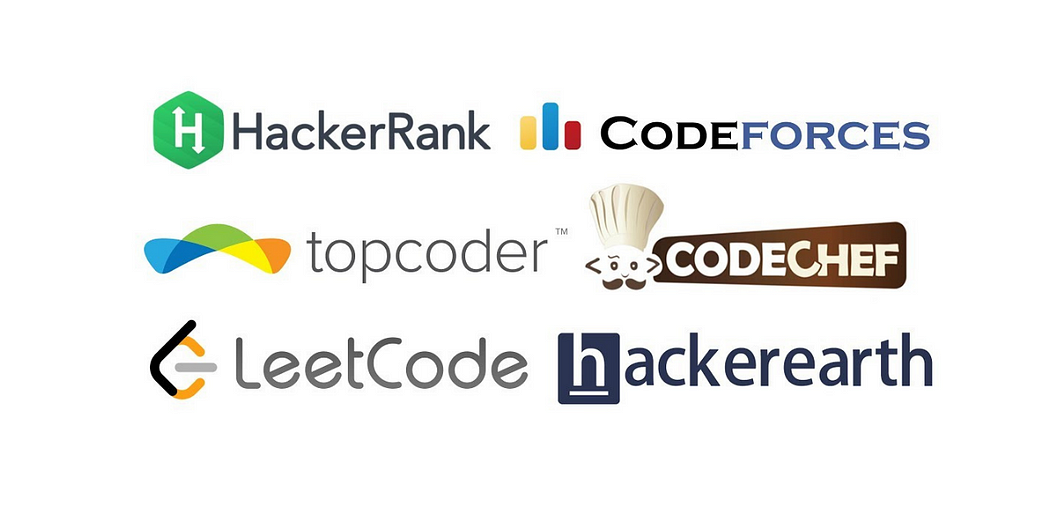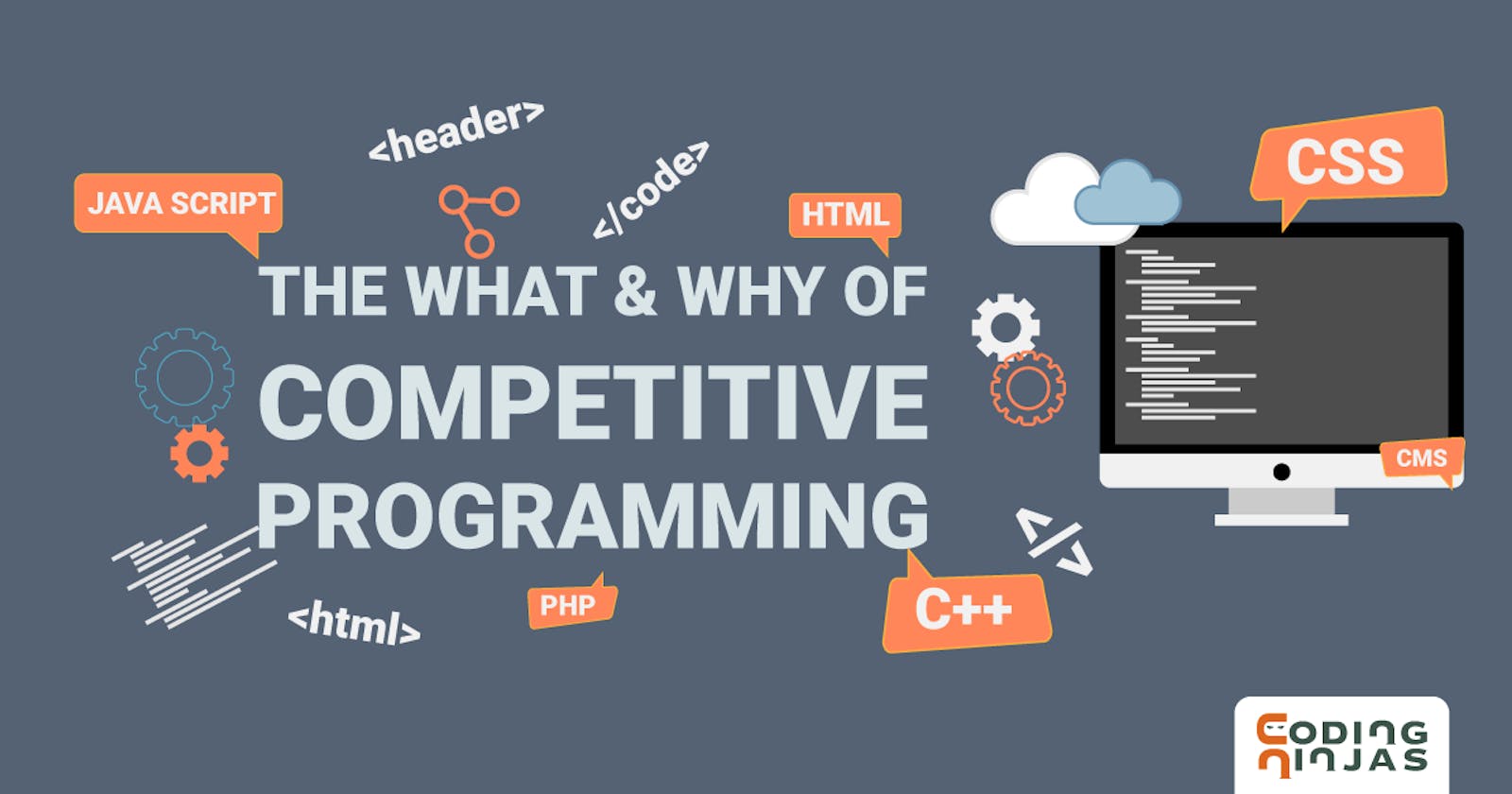Introduction:
In today's fast-paced world, the field of computer science demands individuals who possess not only theoretical knowledge but also practical problem-solving skills. One way to sharpen these skills is through competitive programming—an exhilarating mental sport that challenges participants to solve complex algorithmic problems within strict time limits. In this blog post, we will explore the significance of competitive programming in college education, its numerous benefits, and provide guidance on how students can embark on this exciting journey.
Understanding Competitive Programming:
Competitive programming is an activity that involves solving algorithmic problems using programming languages within a competitive environment. It goes beyond traditional coding exercises and tests a participant's ability to think critically, devise efficient algorithms, and implement them flawlessly. By participating in competitive programming contests, students can enhance their logical reasoning, analytical thinking, and problem-solving capabilities.
Benefits of Competitive Programming:
Skill Development: Competitive programming helps students improve their programming skills by exposing them to a wide range of problems, algorithms, and data structures. It nurtures their ability to think creatively, break down complex problems into manageable components, and design efficient solutions.
Algorithmic Thinking: Competitive programming promotes the development of algorithmic thinking, which is crucial in solving real-world problems efficiently. Participants learn how to analyze problem constraints, devise optimal algorithms, and implement them correctly.
Time Management and Pressure Handling: The time-constrained nature of competitive programming contests helps students develop effective time management skills. They learn to prioritize tasks, make quick decisions under pressure, and efficiently utilize the allotted time to solve multiple problems.
Teamwork and Collaboration: Many competitive programming contests include team-based events, fostering collaboration and teamwork among participants. Working in a team setting helps students learn from each other's strengths, enhances communication skills, and exposes them to diverse problem-solving approaches.
Getting Started with Competitive Programming:
To embark on the exciting journey of competitive programming, follow these steps:
Learning Programming Fundamentals: Ensure a solid foundation in programming languages such as C++, Java, or Python. Familiarize yourself with basic programming constructs, data structures, and algorithms.
Online Resources and Practice Platforms: Explore online platforms like Codeforces, CodeChef, and LeetCode that provide a wide range of programming problems to practice. Start with beginner-level problems and gradually progress to more advanced ones.
Participating in Contests: Regularly participate in online coding contests to track your progress, learn from others, and build confidence. Compete individually or form teams to participate in college-level or intercollegiate programming contests.
Joining Competitive Programming Clubs: Consider joining competitive programming clubs or coding communities in your college. These clubs provide a supportive environment where you can learn from experienced programmers, collaborate with peers, and gain exposure to various programming techniques.
The Road to Success:
To make the most of your competitive programming journey, follow these tips:
Consistent Practice: Dedicate regular time to solving problems, studying algorithms, and participating in contests. Like any skill, mastering competitive programming requires consistent practice.
Analyzing Solutions: After solving a problem, analyze other participants' solutions. This practice helps you understand alternative approaches, learn new algorithms, and identify areas for improvement.
Learning from Mistakes: Embrace mistakes as opportunities for growth. Analyze the root causes of your mistakes and strive to avoid similar errors in the future.
Balancing Theory and Practice: While competitive programming enhances practical skills, maintains a balance with theoretical knowledge. Understand the underlying concepts of algorithms and data structures to optimize your problem-solving abilities.
Conclusion:
Competitive programming is an invaluable tool for college students to develop practical problem-solving skills, enhance their programming abilities, and gain a competitive edge in the field of computer science

Some commonly used sites for Competitive Programming.
